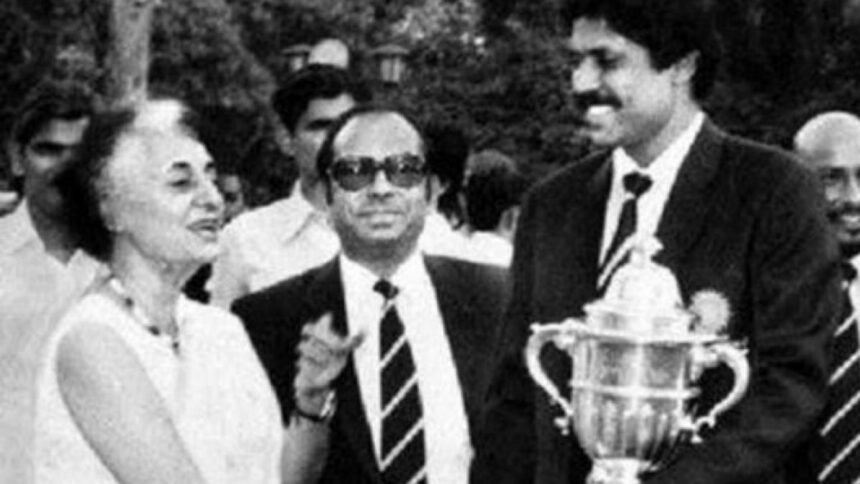Indira Gandhi, the first and only female Prime Minister of India, is commemorated annually on November 19th, her birthday. Born in 1917, she left an indelible mark on Indian politics and played a pivotal role in shaping the nation’s destiny. Today we celebrate her 105 birthday anniversary.
Indira Priyadarshini Gandhi was born into the Nehru-Gandhi family, a prominent political dynasty in India. Her father, Jawaharlal Nehru, was a key figure in the Indian independence movement, and this familial connection marked the beginning of Indira’s political journey.
Indira Gandhi’s political ascent gained momentum after her father’s death in 1964 when she took charge as the leader of the Indian National Congress party. In 1966, she became the Prime Minister, becoming the first woman to hold this position in India. Her leadership style, often described as authoritative, earned her the nickname “The Iron Lady of India.”
During her time in office, Indira Gandhi implemented several significant policies and initiatives. The nationalization of banks in 1969 aimed to address economic disparities, and the Green Revolution transformed India into a self-sufficient food producer.
However, her leadership faced challenges, including the controversial state of emergency declared in 1975, which temporarily suspended civil liberties.
The 1984 Operation Blue Star, an attempt to flush out militants from the Golden Temple in Amritsar, further polarized opinions.
Tragically, Indira Gandhi’s life was cut short on October 31, 1984, when she was assassinated by her own bodyguards. Her death sent shockwaves through the nation, and she became a martyr for many. Her birthday, November 19th, is now observed not only as a remembrance of her contributions but also as a day to reflect on the complexities of her legacy.
Indira Gandhi’s birthday serves as an occasion to honor a dynamic leader who played a pivotal role in shaping modern India. Her legacy is multifaceted, encompassing both commendable achievements and controversial decisions
